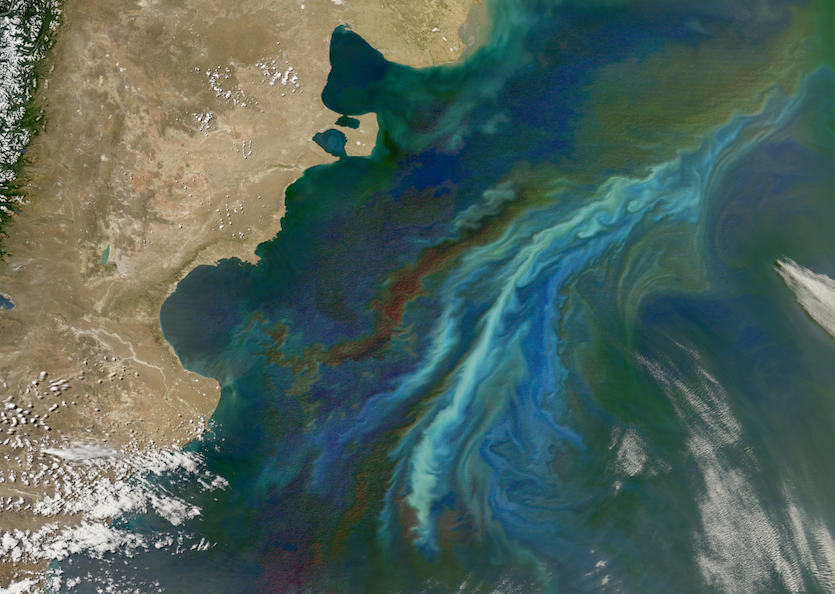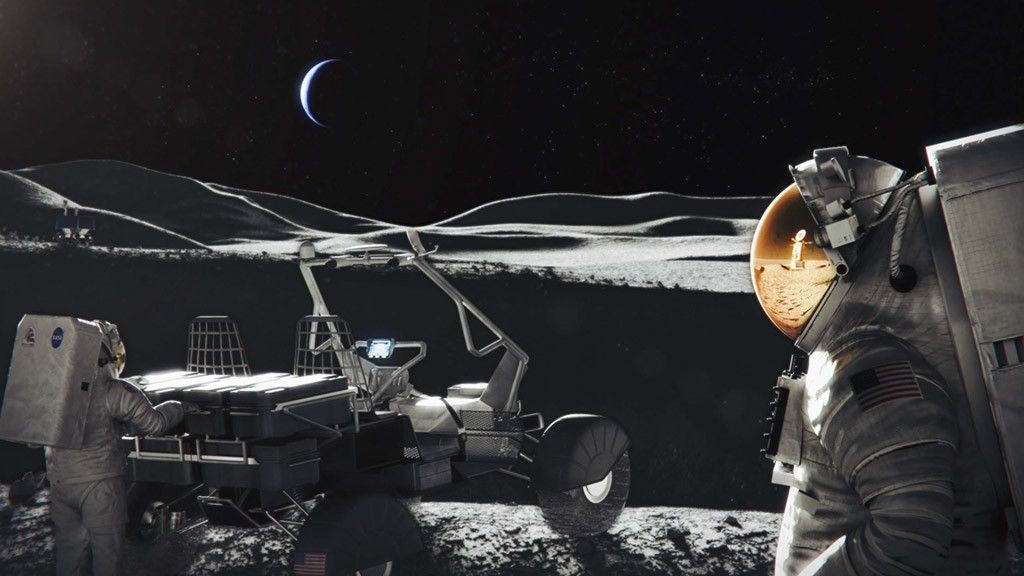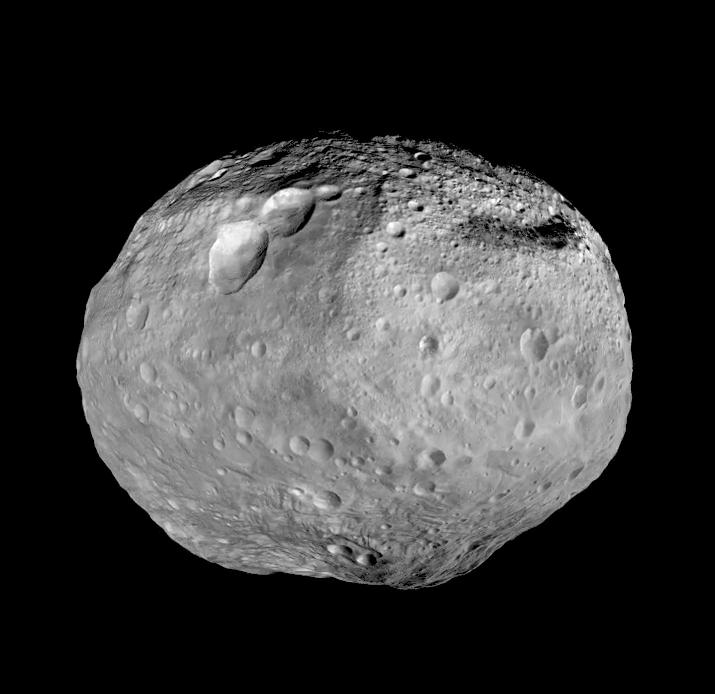
Ian Brosnan
Science & Technology Manager - NASA Ames Research Center
Contents
- Where are you from?
- Describe the first time you made a personal connection with outer space.
- How did you end up working in the space program?
- What is a STEM Presidential Management Fellow?
- Tell us about a favorite moment so far in your career.
- Who inspired you?
- What advice would you give to someone who wants to take the same career path as you?
- What do you do for fun?
- If you were talking to a student interested in science and math or engineering, what advice would you give them?
- Where are they from?
Where are you from?
I was born in Galway, Ireland, but I grew up in Portland, Oregon, and I consider Portland home.
Describe the first time you made a personal connection with outer space.
On my first assignment as a Coast Guard officer, I was on a ship transiting the Pacific Ocean. Mars was visible in the night sky, and as I prepared to relieve the off-going watch, I realized that it provided a perfect check against our electronic navigation systems. Every night that I went to the bridge, I would look quickly to see that Mars was visible off the bow, knowing that if it wasn’t, there might be a problem with our navigation. That ritual brought a personal connection to space and the stars that has been a part of maritime navigation since people first ventured out to sea, and persists even today as electronic aids become increasingly sophisticated and widespread.
Every night that I went to the bridge, I would look quickly to see that Mars was visible off the bow, knowing that if it wasn’t, there might be a problem with our navigation.- Ian Brosnan
How did you end up working in the space program?
Although I have always been interested in NASA, it was happenstance that I started working for the Agency. I left the Coast Guard to pursue a Ph.D. in marine science, and when I finished there was an opportunity to apply to a new Science, Technology, Engineering, and Mathematics (STEM) program within the Presidential Management Fellowship (PMF), an idea that was initiated by NASA. I knew that I wanted a career in the Federal Government, and the Earth Science Division at Ames Research Center happened to need someone with my combination of managerial and technical experience.
What is a STEM Presidential Management Fellow?
That is a good question! The program is very new, and my cohort was the first. Obviously, a big part of the job is learning as much as I can about the NASA, but the PMF program is about developing managers in the U.S. Government. So far, I have helped lead an effort to move the U.S. Geological Survey’s Menlo Park campus onto the NASA Ames Research Center campus, as well as a strategic planning activity for the Earth Science Division. During a detail to the USGS, I created a leadership development program for the 300 or so mid-level staff in the Pacific Region. I’ve also squeezed in a little time for science, including panel reviews for NASA, publishing, and a collaboration to build a new ocean science instrument.
Tell us about a favorite moment so far in your career.
I was fortunate in the Coast Guard to be selected for command-at-sea, and the day that I took command of my ship, the COBIA, has to be my favorite moment. However, turning her over to her new Captain after two successful years was, perhaps, more satisfying.
Who inspired you?
Science and naval service have run in my family for generations, and I have been inspired by my parents who have had successful scientific careers, and my grandfather who was a Royal Navy Coastal Forces officer during the Second World War. I have also drawn a lot of inspiration from Captain James Cook. He led three voyages to the remotest parts of the globe in the late 1700s and made significant contributions to science, seamanship and naval leadership.
What advice would you give to someone who wants to take the same career path as you?
Be curious, persistent, and personable. Strive to deliver the best work that you can, and don’t be afraid of the occasional failure (but be prepared to learn from it).
What do you do for fun?
I love being on the ocean and will kayak, surf or sail any chance that I get.
If you were talking to a student interested in science and math or engineering, what advice would you give them?
Take challenging classes in physics, chemistry, biology and mathematics, and also scientific programming. Simultaneously, seek opportunities to actually do science. Get into the field and the lab. This experience is as valuable as the classroom education, and it will give you context for what you are learning. Take the time while you are in school to enjoy some non-science classes as well. If this all sounds like a lot of hard work, it is. So, you will also need to take some downtime to relax and recharge (do not underestimate the value of that time!).
Where are they from?
Planetary science is a global profession.





























